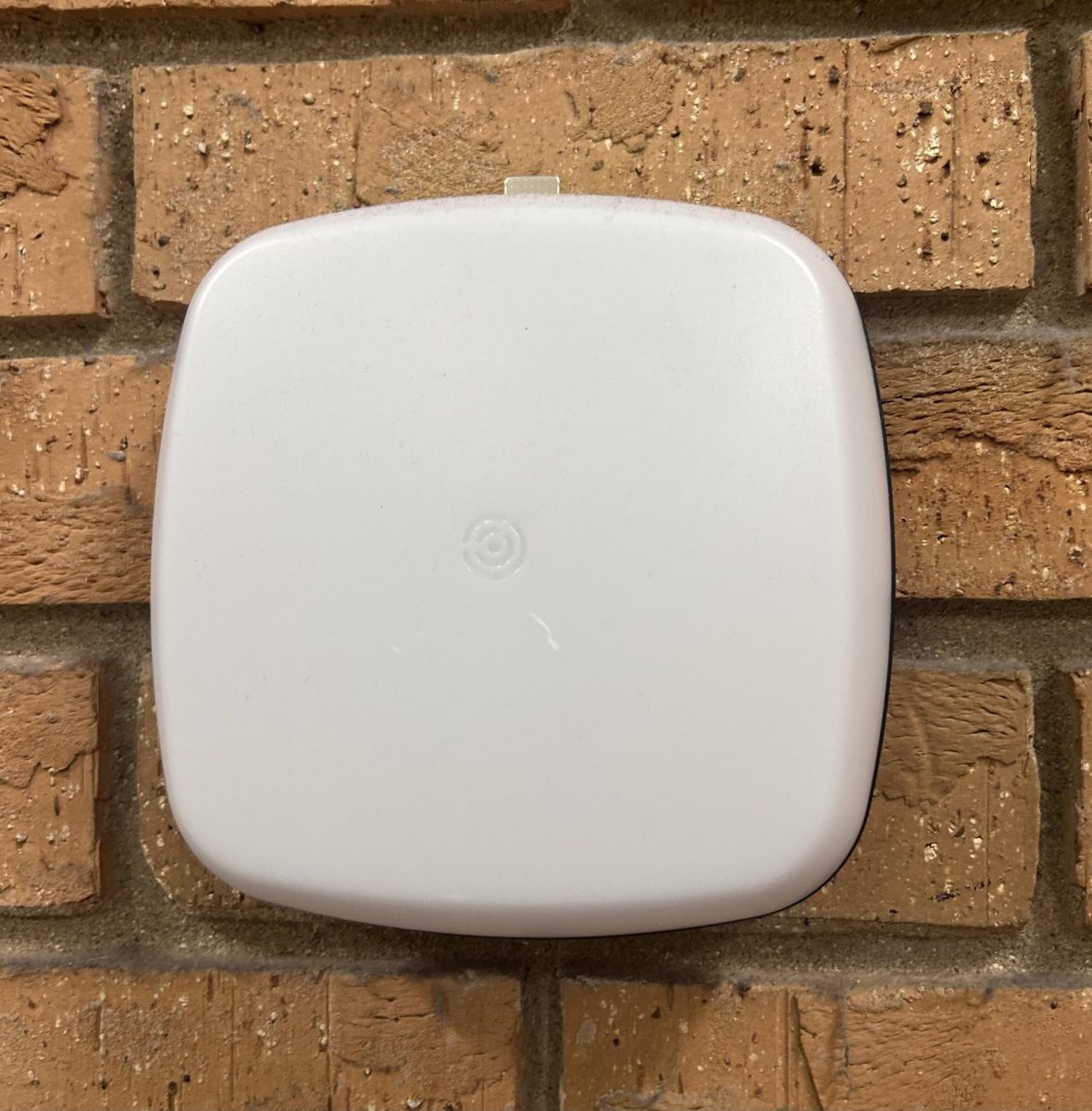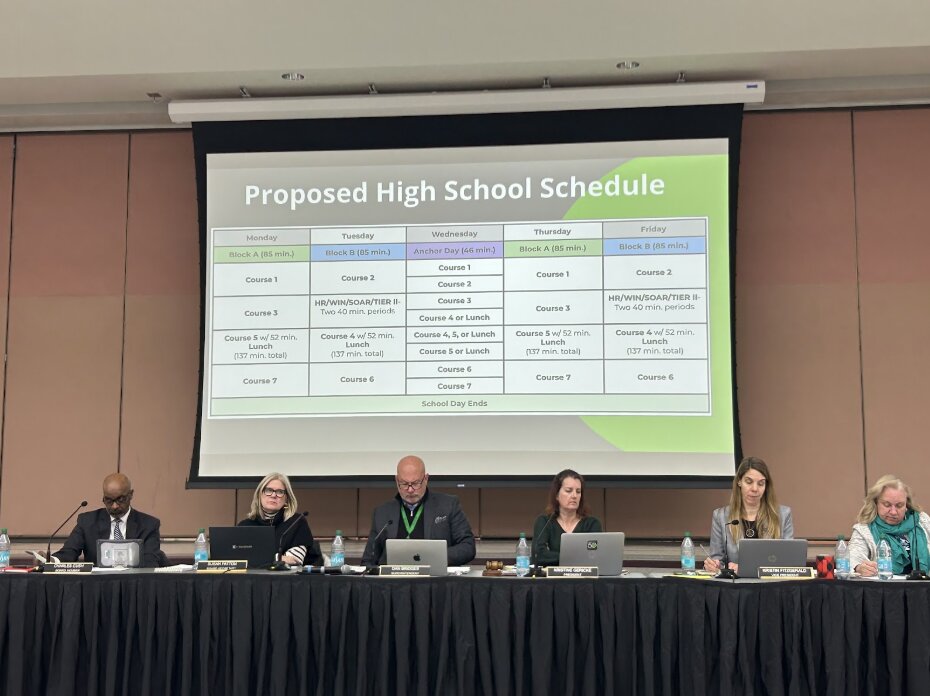By Kayla Maxson
A recent outbreak of whooping cough in the Naperville area has put Naperville North High School students at risk.
Whooping cough, a highly contagious disease also called pertussis, is known for its signature cough that produces a “whoop” sound and lasts for roughly two weeks.
“The number of pertussis cases has a natural tendency to go up and down every few years, and this year is the peak of the cycle,” said Illinois Department of Public Health spokeswoman, Melaney Arnold, told NapervillePatch.
Though there have been no known cases of whooping cough at Naperville North, there have been multiple cases in the Naperville area. According to the Naperville Sun, DuPage County has had the second greatest total of pertussis diagnoses in the state, and Districts 203 and 204 have had over a dozen cases alone.
Whooping cough is easily transmitted, much like the common cold. However, an easy way to prevent acquiring whooping cough is to receive immunizations.
Children typically receive DTap vaccines within the first five years of their life, before they enter Kindergarten. Unfortunately, according to the DuPage County Health Department, immunity weakens five to ten years after the vaccination. Therefore, District 203 wants all incoming sixth graders to receive the Tdap vaccine to guard against pertussis.
To avoid spreading or contracting whooping cough, Naperville North school nurse Debbie Baker recommended that students practice good hand hygiene, cough into their sleeves, and properly dispose of tissues. Baker also said that getting enough rest and protecting one’s immune system could help to avoid the disease.
“Early detection and early antibiotics are key,” said Baker.
Some students may be unaware that they have pertussis. According to the DuPage County Health Department, symptoms typically appear five to ten days after contraction, but can take up to 21 days to develop.
The DuPage County Health Department describes the early pertussis symptoms to be similar to a mild illness or cold. Runny noses, mild fevers, and a light cough last for about two weeks, until the severe coughing episodes begin. These coughing episodes may lead to vomiting, and the disease can last for several months.
Students who have contracted pertussis must be treated with antibiotics, and cannot return to school until at least five days after the start of their antibiotic treatment. A doctor’s note will be required to return to school.
Infants are at the most risk for complications from pertussis. However, NNHS students and staff still need to be aware of the hazards associated with the disease.






